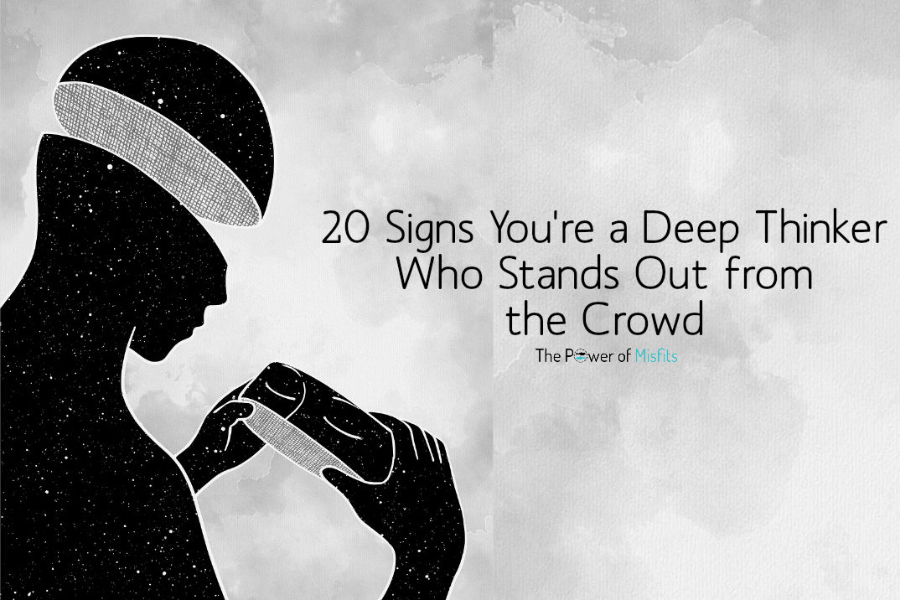Known as “The Advocate” or “The Counselor,” INFJs are among the rarest personality types according to the Myers-Briggs Type Indicator (MBTI) system, accounting for only 1% to 2% of the population. They are highly intuitive, empathetic, and morally driven. One question that often comes up among people who are interested in personality psychology is whether or not INFJs tell the truth. In this article, we’ll examine what it means to be a “truth teller,” how the INFJ personality fits with this trait, and how their complex nature influences their relationship with honesty, communication, and integrity.
What Does It Mean to Be a “Truth Teller”?
It’s crucial to define a truth teller before we can examine INFJs. Someone who values honesty above everything else is a truth-teller
Openly communicates, even when it’s challenging
puts genuineness ahead of convenience.
Steers clear of manipulation, deceit, and sugarcoating
Truth-tellers frequently have high moral standards for both themselves and other people, sometimes at the price of peace or comfort.
INFJ Personality Traits Overview
- Let’s take a quick look at the INFJ acronym:
- I’m introverted; I recharge by myself and reflect.
- N-Intuitive: Perceives possibilities and patterns underneath the surface.
- F-Feeling: Bases choices on morals and empathy
- J-Judging: Prefers order, plans, and structure
Key INFJ traits:
Strong empathy
Strong sense of intuition
Long-range planning
Inner moral compass
Communication based on values
These fundamental characteristics have a big impact on how INFJs see and present the truth.
Are INFJs Truth Tellers? Yes, But With Nuance
The quick explanation is that INFJs tend to tell the truth. But their approach to speaking the truth is quite complex and influenced by diplomacy, empathy, and a desire for peace.
Why INFJs Are Natural Truth Tellers:
1. Strong Moral Integrity
INFJs are driven by their Extraverted Feeling (Fe) and Introverted Intuition (Ni) functions, and they have a strong feeling of obligation to live a genuine life and behave in accordance with their ideals.
2. Empathic Truth Delivery
They don’t simply state the harsh facts. INFJs carefully consider what they say in order to strike a balance between compassion and honesty. They want the truth to heal, not harm
3. Dislike for Manipulation
Their moral system is incompatible with deceit and manipulation. INFJs are quick to recognize dishonesty and tend to avoid dishonest situations or persons.
4. Long-Term Vision
They are thoughtful and responsible in their truth-telling because they evaluate how the truth may affect long-term emotional, relational, and ethical results.
When INFJs Might Hold Back the Truth
INFJs are dedicated to the truth, although in some circumstances, they may suppress or postpone being honest:
1. To Protect Someone’s Feelings
If they think the time isn’t right or if it would emotionally harm someone they care about, they might refrain from speaking up straight away.
2. Fear of Conflict
INFJs are principled, but they don’t like conflict. They might attempt to recast the truth or postpone its dissemination if it might cause needless strife.
3. Internal Struggle
Internally, INFJs frequently debate whether the truth will be more detrimental than beneficial. While making a choice, they may suffer in quiet and carefully consider the possible implications.
4. Perfectionism and Overthinking
Sometimes they put off the topic entirely because they are waiting for the “perfect way” to say the truth.
How INFJs Express the Truth
Unlike some personality types (such as ENTJs or ESTJs), INFJs do not tell the truth in an aggressive or straightforward manner. Rather, they employ tactful candor that is frequently disguised by metaphors, empathy, or narrative.
For instance, an INFJ could say, “I feel like you’re not being fair to yourself lately,” as opposed to, “You’re making bad choices.” What has been happening?
They are skilled communicators of challenging realities because of their delivery style, which fosters trust and reduces emotional blowback.
Challenges INFJs Face as Truth Tellers
INFJs may encounter the following difficulties, even though their candor is frequently valued:
Being misinterpreted for lacking sufficient directness
Burnout from the emotional toll of graciously presenting the facts
annoyance when people don’t share your integrity
Isolation for defending the truth in public
Nonetheless, INFJs typically don’t waver from their beliefs, particularly when the welfare of others or the greater good is at risk.
Conclusion
So, do INFJs speak the truth? Yes, but not in the conventional, direct sense. Although truth is a fundamental aspect of who they are, INFJs convey it through strategy, emotional intelligence, and compassion. They are dedicated to speaking the truth in a way that upholds the dignity of people around them and helps them grow and heal.
INFJs act as moral role models in a society where truth can be used as a weapon or disregarded, demonstrating that kindness and honesty can coexist.
FAQs About INFJs and Truth Telling
1. Are INFJs brutally honest?
No, INFJs are honest but not brutal. They believe in tact, timing, and empathy when telling the truth.
2. Can INFJs lie?
INFJs dislike lying and usually feel guilty if they do. If they lie, it’s often to protect someone, but it causes internal conflict.
3. Do INFJs always speak their mind?
Not always. INFJs may choose silence over speaking if they believe it won’t lead to a productive or kind outcome.
4. How do INFJs handle dishonesty from others?
Poorly. INFJs struggle with trust and may withdraw from people who are dishonest, manipulative, or insincere.
5. Why do INFJs sometimes avoid telling the truth immediately?
They may fear hurting others or triggering conflict. They usually revisit the issue later in a more thoughtful way.

Leave a Reply